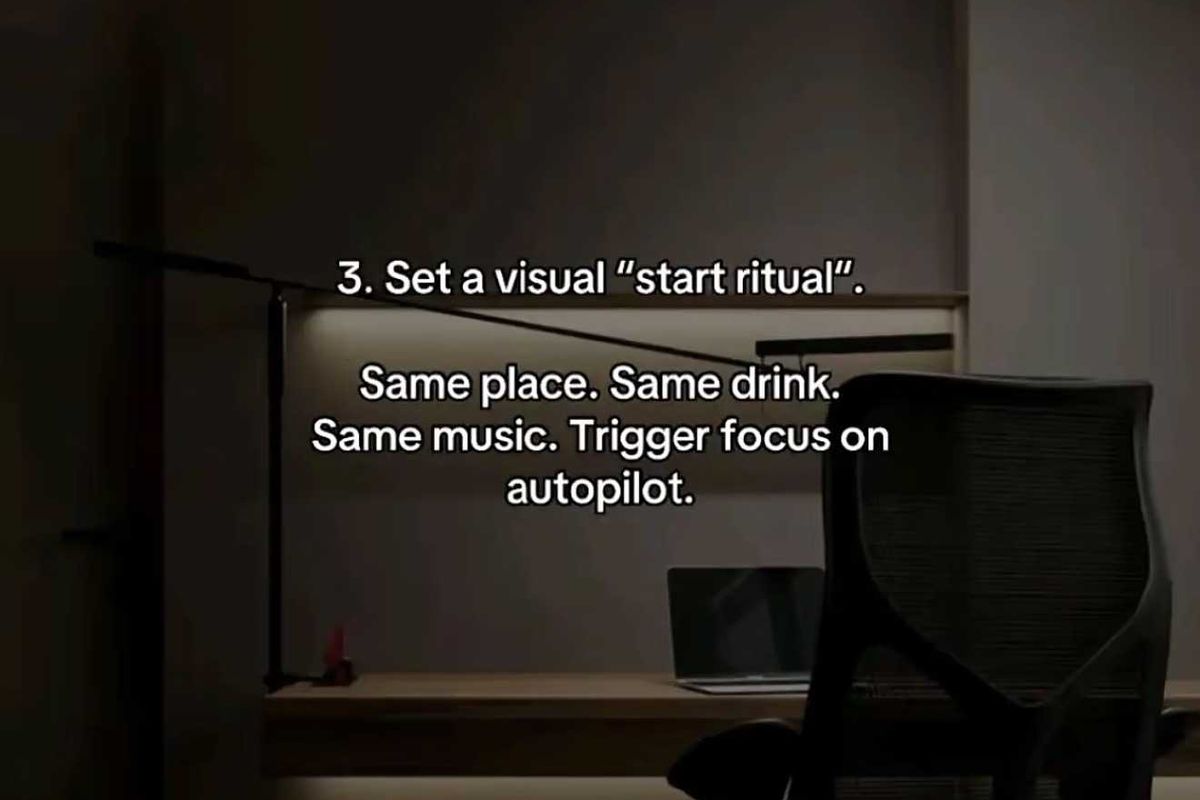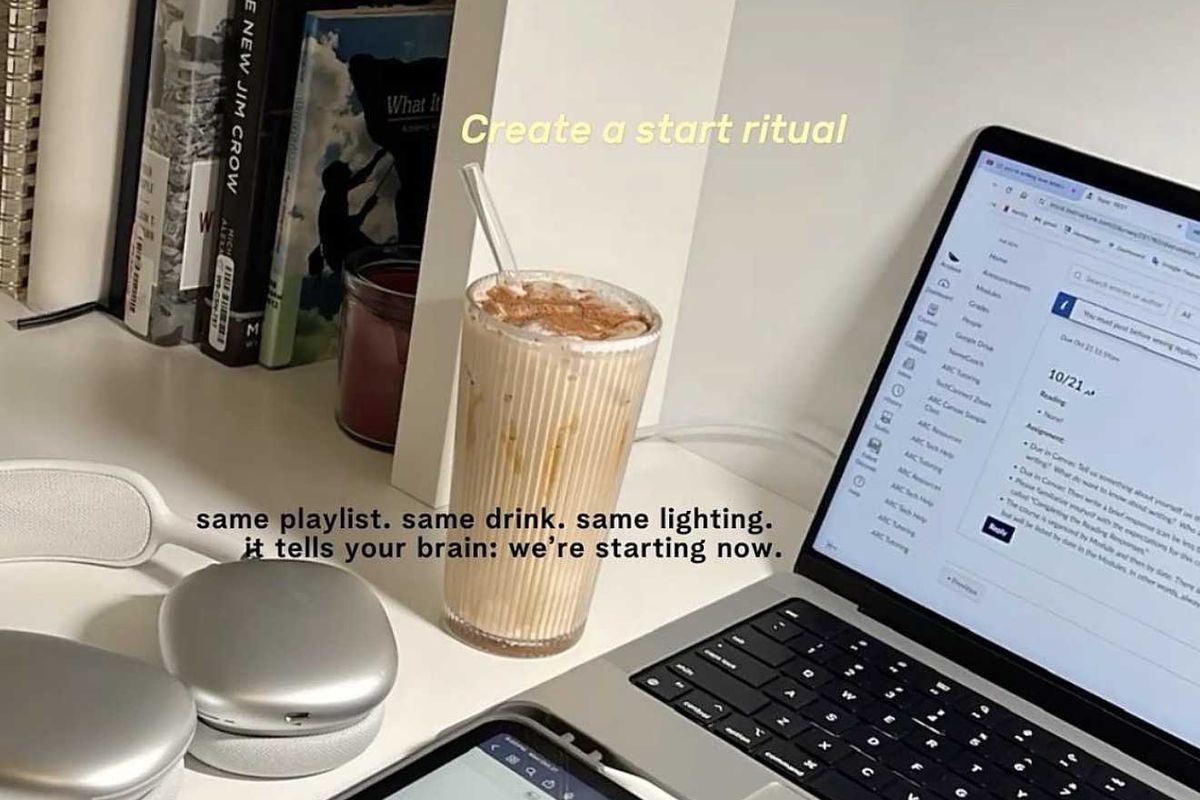A senior citizen was about to be scammed out of $9,000. A Canadian bank teller saved the day.
"His biggest blessing is losing a couple of hundred and not thousands."

A scammer on the computer. A senior citizen falls for it.
Scam artists have gotten more advanced when it comes to diabolically tricking people out of their money, especially senior citizens. And now with cryptocurrency, which is confusing to many and completely accessible online, there's an added layer of concern for the most vulnerable.
Which is why, more than ever, people need to be on the lookout for swindlers. Luckily, some really good folks are stepping up. On the subreddit r/scams, there are 1.6 million weekly visitors; time and time again, they help alert people to perpetual fraud.
One bank teller posted, "You all saved my customer today" and then told a heroic story about an elderly customer attempting to deposit a check.
"I had a customer come in today and he had a cheque that he wanted to deposit," the bank teller wrote. "Super normal, no red flags. He asked about how long the hold will be. Still, no red flags. Since we're in Canada and we celebrate Victoria Day, the banks are closed on Monday. So, his 5 business day hold will take us to May 21."

Here's where things took a turn. "I told him that and he said he needs at least $9000 released right away," the bank teller added. "Now I'm even more curious and I asked why. He said he needs 10% to send to his crypto account so he can withdraw the $90,000 USD that his crypto account has generated."
Luckily, this bank teller's antenna went up. "Skeptical, I asked what account, how he opened it, the website—the whole ordeal," the bank teller wrote. "To my surprise, he told me. He clicked on a FACEBOOK AD and deposited a couple of $100 back a few months ago and now it's generated to $90,000 USD. But in order to get the $90,000—he needs to deposit $9,000."
"Yeah, no. I told him he's being scammed, grabbed my phone, and showed him the numerous crypto scams posted on reddit," the bank teller added. "I said his biggest blessing is losing a couple of $100 and not thousands."
There are over one hundred comments on this thread alone. One pointed out: "We all have a blind spot. In reality, most of us over fifty are hesitant to listen to our family members and neighbors. Stubborn. We think we are so smart, and gotta maintain that street cred. It took a nurse I had never met to get my attention about a health issue. It may take a bank employee to open my eyes about something like this. Thank you for diving into his problem."
This person noted how refreshing it was to see that the customer, who had truly gotten their hopes up, actually listened to the teller: "The biggest surprise here is that he actually listened and was willing to believe he'd been scammed. We see so many horror stories about people sticking their heads in the sand and refusing to accept reality, it's such a nice change of pace."
There are so many other stories that run the gamut of scams across every platform. One person told a harrowing story of their mother who got defrauded out of her entire retirement fund. The thread has over 500 comments of suggestions, as well as communal support.
@droidsavvy Some have no idea about these 🫡
The good news is there are ways to combat these fraudsters. First, it's important to know what to look for.
The National Council on Aging (NCOA) recently posted the top five scams targeting seniors. These include "The Grandparent Scam," in which someone impersonates a grandchild asking for help, scams that appear to be loans from reputable banks, "tech support scams" (which I have personally fallen for), government scams asking for private information like Social Security numbers, and one of the most upsetting—the romance scam.
"As more people turn to online dating, con artists are seizing the opportunity," NCOA's Jessica Johnson wrote. "Romance scammers create fake social media profiles and use them to gain trust and steal money. In some cases, these scammers may be (or pretend to be) overseas. They may ask their victims to pay for visas, medical emergencies, and travel expenses to come to the U.S."
Johnson adds that as of two years ago, these scams have totaled well over one billion dollars in loss.
-Dr. Regina Koepp gives tips on scammers. www.youtube.com, Dr. Regina Koepp
As for what you can do? First, know—and let those in your life know—that if you get scammed, don't be embarrassed. Have consistent conversations about how clever these scammers have become and how common they are. Advise anyone who might be vulnerable to never give out important information to someone emailing or calling for it.
If it happens, contact local police, banks, and the Federal Trade Commission. Adult Protective Services also has resources on how to get started.
The FTC also posted these helpful tips:
- "Never transfer or send money to anyone, no matter who they say they are, in response to an unexpected call or message. Even if they say it’s to 'protect it.'"
- "Hang up and verify. Hang up the phone and call the company or agency directly using a phone number or website you know is real. Don’t trust what an unexpected caller says, and never use the phone number in a computer security pop-up or an unexpected text or email."
- "Block unwanted calls. Learn about your call blocking options to stop many of these scammers before they reach you."
The topic gained extra attention last year with the film Thelma, in which actress June Squibb plays a woman on a mission to recover her scammed money (her methods are not recommended, but the film, based loosely on a true story, is aces).
June Squibb stars in the movie Thlema. www.youtube.com, Magnolia Pictures
- Tourist exposes the 'friendship bracelet scam' everyone visiting Paris must know about ›
- Heads up! That call from a panicky relative may be a scammer voice clone. ›
- People share society's biggest scams and honestly, they've got a point ›
- Older woman reveals genius way her senior living friends get past their political differences - Upworthy ›
- Elderly people are asked to define 'love,' and their answers are truly raw and heartfelt - Upworthy ›



 Student smiling in a classroom, working on a laptop.
Student smiling in a classroom, working on a laptop. Students focused and ready to learn in the classroom.
Students focused and ready to learn in the classroom.
 TikTok · Ankita Tejwani
TikTok · Ankita Tejwani  Another user shares their anti-start, or "start," ritual.
Another user shares their anti-start, or "start," ritual.  This user's start ritual sums it up: we're starting now. Photo
This user's start ritual sums it up: we're starting now. Photo  Woman lighting a candle with a match, surrounded by softly glowing candles.
Woman lighting a candle with a match, surrounded by softly glowing candles. Man stretching neck in living room, wearing a gray shirt, with eyes closed.
Man stretching neck in living room, wearing a gray shirt, with eyes closed. Writing down your thoughts and feelings by hand is a totally different experience.
Writing down your thoughts and feelings by hand is a totally different experience.

 Teens hanging out in a living room.via
Teens hanging out in a living room.via  Teenagers eating pizza.via
Teenagers eating pizza.via  Teenagers eating pizza.via
Teenagers eating pizza.via 
 Going to work or school sick. Photo by
Going to work or school sick. Photo by  Displaying an American flag. Photo by
Displaying an American flag. Photo by  Calling people on the phone unannounced. Photo by
Calling people on the phone unannounced. Photo by 
 Star jumps can help you move adrenaline out of your body.
Star jumps can help you move adrenaline out of your body.  There are ways to stop the shakes without exercise, too.
There are ways to stop the shakes without exercise, too.